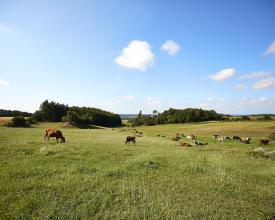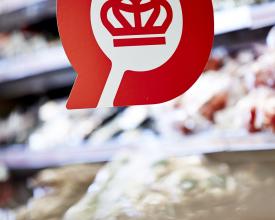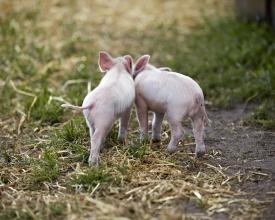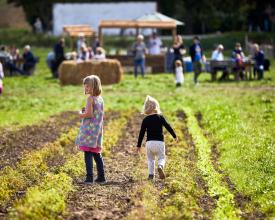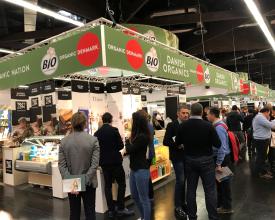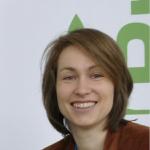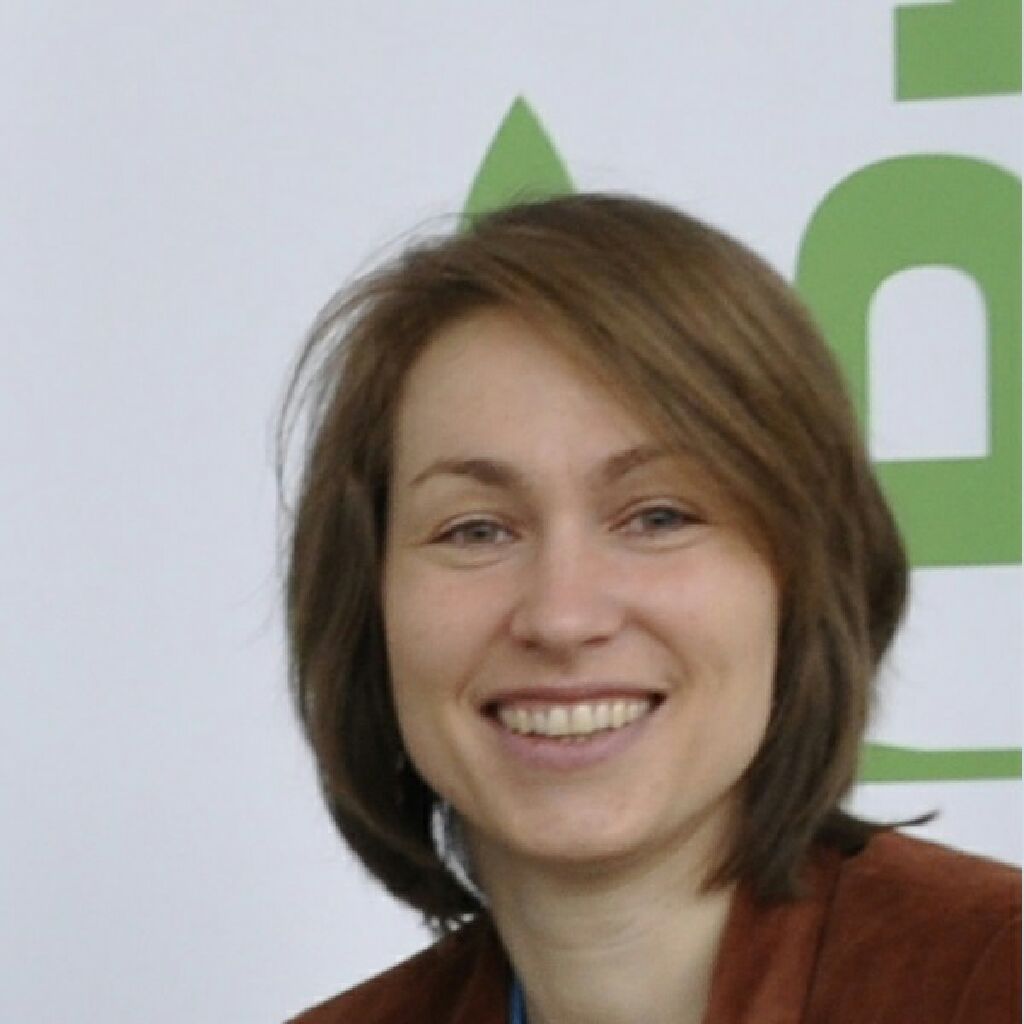
Denmark’s Organic Action Plan “Working together for more organics”
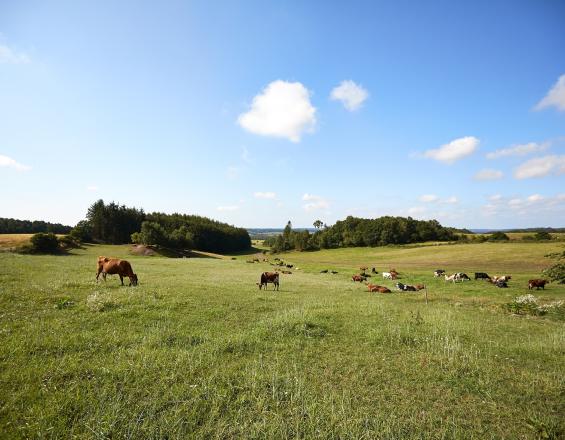
Developed by involving a broad spectrum of stakeholders, Denmark’s Organic Action Plan is a holistic strategy that increases, on the one hand, the overall demand for organic products and, on the other hand, stimulates research and product innovation. Supported by substantial dedicated funding, the Plan produced very clear positive outcomes: Today Denmark has the highest market share of organic products in the world, with almost 80 percent of Danes purchasing organic food. Also thanks to high demand, the Plan has amply met its original target of doubling organic farm land compared to a 2007 baseline. For its achievements, Denmark’s Organic Action Plan (2011-2020) was recognized with the Future Policy Silver Award 2018, awarded by the World Future Council in partnership with the FAO and IFOAM – Organics International.
Context
Challenges addressed
The initial driver of policy support for organic farming was the recognition that organic production methods offered solutions to environmental problems linked to agriculture and that focusing on supporting organic farming was a strategy to deliver multiple public goods simultaneously. The Danish Government also recognized that, in order for organic agriculture to provide solutions to current challenges, it needed targeted investments in market development, new knowledge in agroecological methods, research, and more collaboration within the organic sector. An another unique approach of the Danish is that, while the potential environmental benefits of applying organic farming methods were increasingly acknowledged, policymakers recognized that the main driving force behind state intervention should be to pay considerable attention to demand creation and not only promoting farm conversion.
Location
Process
Summary of the process
Since the 80s Denmark has been a forerunner in governmental support to sustainable agriculture. The country is also a worldwide pioneer when it comes to designing policies according to inclusive and participatory approaches. The Danish Organic Action Plan (OAP, 2011-2020, updated in 2015) was developed through the involvement of a broad spectrum of stakeholders (BB1). As a result, the Danish OAP has a strong focus on demand creation, research and product innovation (BB2 and BB3). Together these building blocks built the OPA's Potential as a Transferable Model (BB4).
Building Blocks
Building an inclusive policy
Rooted in the Danish political ambition to design policies that enable the private and public sector to become more innovative and competitive, the Minister of Agriculture put in place clear procedures for involving relevant stakeholders in order to ensure that the plan could meet the needs of the sector. Involvement was secured at the beginning of the plan development process based on a year-long consultation process and collaboration with the organic sector.
Enabling factors
- Preparation was based on a comprehensive process involving more than 200 stakeholders, who participated in three large workshops.
- The Organic Food Council, a government-led forum of relevant interest groups, was involved in prioritizing the initiatives recommended, as a result of three workshops and 35 interviews held with key actors in the organic sector.
Lesson learned
Stakeholder involvement was key to the Danish Organic Action Plan and ultimately led to its great success.
Reorientation
The history of governmental support to organic farming in Denmark starts in 1987, when the Danish Parliament adopted the Organic Farming Act, which laid down the basic structure of Danish organic farming policy, which still remains today. Permanent subsidies for organic farming were introduced in 1994. Early Organic Action Plans (OAPs) were established from 1995 to 1999.
The current OAP ‘Working together for more organics’ covers the period 2011 to 2020. It was revised and expanded in 2015, following a change of Government. The plan aims at doubling the land area of organic production by 2020 (against a baseline of 2007), and earmarks specific budgets over the period 2015 to 2018 to a set of different action-points. This plan was initiated by the Ministry for Agriculture and developed with the assistance of an external consultant.
Enabling factors
The Danish Organic Action Plan was developed through the involvement of a broad spectrum of stakeholders in charge of defining the action points of the plan through several cycles of interviews, questionnaires and workshops. Since the 80s Denmark has been a forerunner in governmental support to sustainable agriculture, but the country is also a worldwide pioneer when it comes to designing policies according to inclusive and participatory approaches.
Lesson learned
- Whereas in the past the focus of policy support for organic farming was often production-oriented, the current Danish OAP considers market development (including support for certain marketing channels), promotion and awareness, as well as public procurement, as priorities.
- The OAP is a mix of push and pull actions. Push effects are meant to increase production, while pull measures aim at increasing the demand for organic products.
Focus on market development
Whereas in the past the focus of policy support for organic farming was often production-oriented, the current Danish OAP considers market development (including support for certain marketing channels), promotion and awareness, as well as public procurement, as priorities. The OAP is a mix of push and pull actions. Push effects are meant to increase production, while pull measures aim at increasing the demand for organic products.
If we look at the pull measures, a key action was to stimulate the demand for organic products by consumers and in private and public kitchens, such as schools and hospitals. For these activities, 6.4 million EUR were earmarked in the 2015-2018 period.
Enabling factors
Municipalities were motivated through a national goal of achieving 60 per cent organic in all public kitchens and by earmarked funds to support the conversion process, primarily through the education of kitchen leaders and workers, and changes in supply chains and menus.
Lesson learned
The aforementioned measure was highly successful. For instance, the city of Copenhagen succeeded in developing one of the most ambitious public procurement programmes in Europe, which met the goal of 90 per cent organic food in 2015, without an increase in meal prices.
Potential as a Transferable Model
Over the last decade, the development of Organic Action Plans (OAPs) has gained momentum as a mechanism for achieving a more integrated approach to organic policy-making at the European level. However, the effectiveness and continuity of OAPs can vary significantly from country to country. Denmark is a leading example and a source of inspiration worldwide, both in the scope and innovative approach of its organic policy. Beyond its holistic set of measures, a highly transferable aspect is definitely also the intensive policy development process that especially saw the involvement of all stakeholders, including NGOs. Denmark is exemplary by strengthening the principles of organic farming and further incorporating them into everyday farming practices.
Enabling factors
- An intensive policy development process that consulted with all relevant stakeholders was key.
- Holistic approach to organic policy-making, including innovative push and pull measures.
Lesson learned
Policymakers can draw significant conclusions on the importance of long-lasting public-private partnership, participatory design and implementation of the Danish Organic Action Plan.
Impacts
Today 97 per cent of all Danish citizens know the national organic logo, which recently celebrated its 25th anniversary. Denmark has highest organic market share in the world (9.7 per cent), with almost 80 percent of Danes purchasing organic food. It also has globally the highest annual per capita spending on organic food. Thanks to the plan, the turnover of organic foods in the food sector has developed positively, reaching approximately EUR 272 million in 2016. About 70 per cent of the turnover came from retail sales in Denmark, whilst about 2 per cent of agricultural produce exported was organic.
The area cultivated by organic farms in 2017 was approximately 245,159 ha, over 9 per cent of Denmark’s total cultivated area, meaning that the OAP has amply met its original target of doubling the surface of organic farmed land compared to the 2007 baseline (+ 68 per cent in 2017). In 2017 there were already almost 3,500 organic farms, approximately 9.5 per cent of total national agricultural holdings. Hence, the OAP has contributed, through market development, conversion checks and conversion support to a 40 per cent increase in organic area over the last two years.
In terms of health, one principal effect of increased organic public food procurement is a decrease in consumers’ intake of pesticide residues, and a decrease in the presence of pesticides in the environment.
Beneficiaries
In 2017 there were already almost 3,500 organic farms, who benefitted from the Organic Action Plan (9.5 % of all farms). Besides the average consumer, more than 800,000 people benefit from healthy, organic meals served every day in public canteens.
Sustainable Development Goals
Story
Forthcoming

